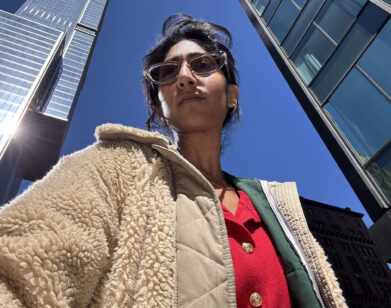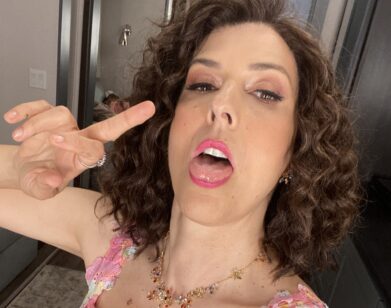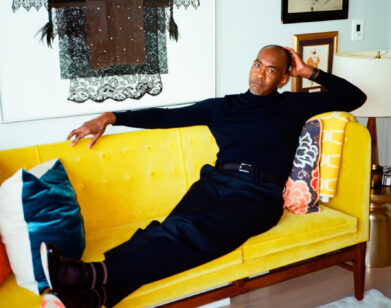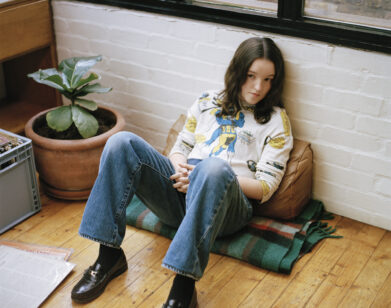Trailer Face-Off! Ai Weiwei: Never Sorry vs. Portrait of Wally
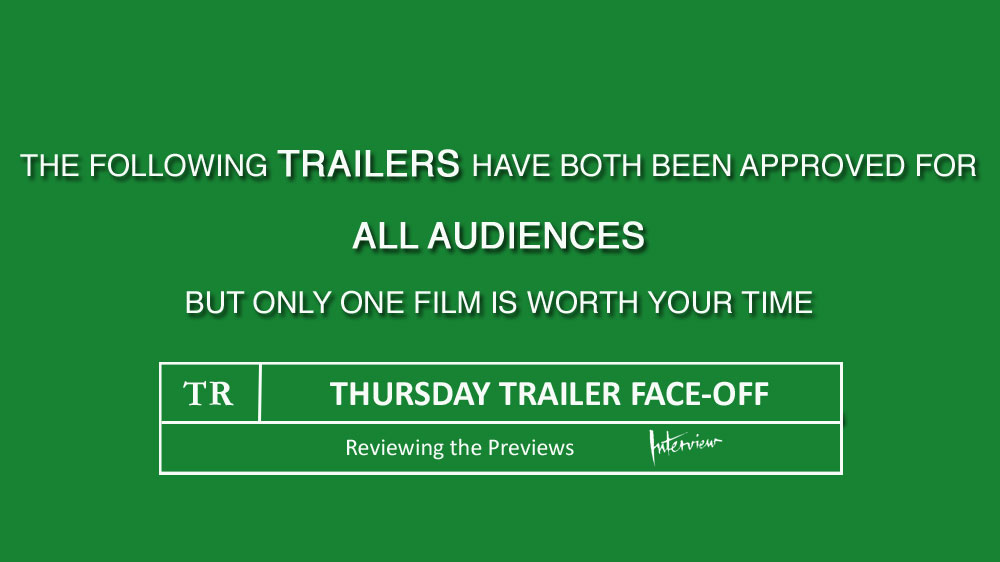
Welcome to Thursday Trailer Face-Off, a feature in which we cast a critical eye on two similar upcoming film releases, pitting them against each other across a variety of categories to determine which is most deserving of your two hours. This week: Ai Weiwei: Never Sorry vs. Portrait of Wally, two documentaries about art that has politically polarized bureaucratic institutions.
Premise
Ai Weiwei: Never Sorry is an intimate portrait of the internationally esteemed Chinese artist and social activist, Ai Weiwei. By following Weiwei through his creative process, politically provocative artwork, preparation for major museum exhibitions, and his escalating public confrontations with the Chinese government, the film documents not only the life of one of the world’s most preeminent contemporary artists, but also serves as an inquiry into the social and political climate in today’s China.
Documenting the history of Egon Schiele’s 1912 oil painting, Portrait of Wally traces the work’s passage through multiple hands, tracking the painting from its seizure by the Nazis in 1939 from Jewish Viennese art collector Lea Bondi to its purchase after the war, from the Austrian government, by Rudolf Leopold. Eventually surfacing in 1997, on loan at the Schiele retrospective at the Museum of Modern Art, tenuous decade-long court proceedings between the Bondi heirs and the Leopold Museum ensued, forever altering the art world’s perception of how to establish proper ownership of artworks. While Ai Weiwei’s personal journey is certainly compelling, Portrait of Wally captures our attention with its historical narrative, legal intrigue, and broader implications.
Advantage: Portrait of Wally
Subject
The true star of Portrait of Wally is the painting itself—desired, stolen, exhibited, repossessed—Schiele’s work serves as a symbol not only of artworks unlawfully seized during the Holocaust, but also of all artworks acquired through unethical means throughout history. One work’s potential to rupture museum, donor, and lender relations incites the questioning of all of art’s commercial origins. At the center of Never Sorry is Ai Weiwei himself, also a symbol. His use of art as an agent for dissent and his personal clashes with the government mirror the larger issues facing the Chinese populace at large. Weiwei’s position as an artist, social activist, and all-around provocateur gives face to contemporary global attitudes on freedoms and essential rights.
Advantage: Ai Weiwei: Never Sorry
Director
This is Portrait of Wally director Andrew Shea’s first foray into documentary filmmaking. His previous work includes a series of under-the-radar comedies and dramas he has co-written and produced, nabbing an Independent Spirit Award nomination along the way. As evidenced by the trailer, Shea seems to have aptly transitioned to the investigatory style. Ai Weiwei: Never Sorry is director Alison Klayman’s second full-length documentary, but the freelance journalist and filmmaker has produced multiple television and radio features for NPR, Current Television, and AP Television, and has completed two previous pieces on the artist, 2009’s documentary short Ai Weiwei: New York Photographs 1983-1993 and Who’s Afraid of Ai Weiwei?, which she reported for PBS Frontline. Klayman has already established an intimate rapport with her subject; in the full feature, it can only grow.
Advantage: Ai Weiwei: Never Sorry
Interviewees
Both Portrait of Wally and Ai Weiwei: Never Sorry have plenty of prominent speakers on their subjects. Portrait of Wally features a round up of those intimately involved with the litigation proceedings, including Robert Morgenthau, former Manhattan District Attorney and Michael B. Mukasey, former Attorney General of the United States, and also a selection of art world heavyweights such as Willi Korte, co-founder of the Holocaust Art Restitution Project, and Ashton Hawkins, former Executive Vice President of the Metropolitan Museum of Art. Ai Weiwei: Never Sorry captures moments with the artist and his family, and also conducts interviews with Weiwei’s contemporaries, Chinese artists, filmmakers, and media figures such as Danqing Chen, Gu Changwei, and Hung Huang. Both sets of interviewees prove equally indispensable, and both documentaries have truly selected the best talking heads to communicate their respective stories, so it’s tricky to pick a winner here.
Advantage: Tie
Visuals
The trailer for Portrait of Wally begins with a statement of white text on a black background, leading us into a visual barrage of newspaper clippings covering the controversy over Wally‘s origins, footage of Nazi rallies, photographs of the late Lea Bondi, her correspondence, snippets of text from court documents, and, of course, many a tender close-up of the work itself, all establishing that the visual narrative of Portrait of Wally is a journey through history. Ai Weiwei dominates the trailer of Never Sorry. Klayman captures him in the studio, on the exhibition junket, and in the hospital, as well as his public image in magazines, on television, and on the internet. Alternated with the present-day Weiwei is archival footage of him from the ’80s and ’90s, and a variety of his artwork throughout the years. Portrait of Wally, though largely drawing on the past, proves to be a bit stagnant visually, while Never Sorry keeps us hooked with contrasting shots of Weiwei’s multimedia artworks and day-to-day life.
Advantage: Ai Weiwei: Never Sorry
Verdict
Both documentaries are unique looks into different arenas of the art world—one, a testament to an artist’s capabilities to transform and affect the world through his work, and the second, an examination of the myriad of ways an artwork can be possessed. But with just the taste of the trailer, Ai Weiwei proves to be a captivating figure to watch, and an inside look to his work, political entanglements, and position as public figure renders this documentary, for us, for as a must-see.
Winner: Ai Weiwei: Never Sorry
For more Trailer Face-offs, click here.

